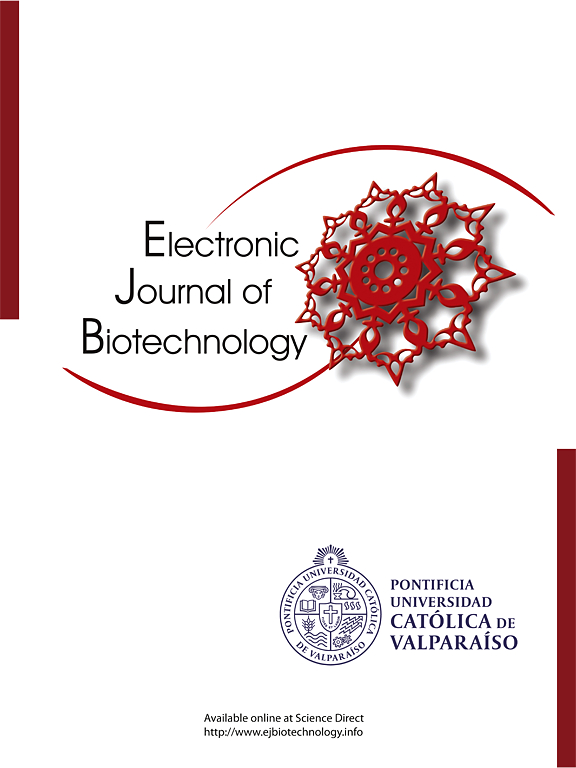The biological agent rituximab ameliorates DNA damage and repair efficiency in the somatic cells of arthritic mice
IF 2.5
4区 生物学
Q3 BIOTECHNOLOGY & APPLIED MICROBIOLOGY
引用次数: 0
Abstract
Background
Rheumatoid arthritis (RA) is an autoimmune disorder that deteriorates joints and can affect various physiological systems if not properly managed. The persistent joint inflammation and oxidative damage caused by RA can lead to genomic instability, a primary feature of most cancer cells. In RA, the prevalence of malignancy is comparatively higher than in the general population. However, it is unclear if the disease itself or its treatments induce susceptibility to neoplastic disorders. Our goal was to study genomic instability in the arthritic mouse model, namely DNA damage and repair and determine if the long-term use of the biological agent rituximab can impact these changes.
Results
Our results show that rituximab did not disrupt genomic stability at the tested regimen. Arthritic mice had more spontaneous DNA damage and a slower repair rate than control mice. Redox imbalance, oxidative DNA damage, and disturbance in the DNA repair pathways are also increased in arthritic mice. Meanwhile, rituximab treatment reduced oxidative DNA damage and accelerated DNA repair rate, improving redox balance and restoring the disturbances in the DNA repair gene expression at both mRNA as determined by RT2 Profiler PCR array and protein levels as determined by Western blotting analysis in arthritic animals. Additionally, the ameliorative effect of rituximab has also been shown by its ability to reduce the severity of joint inflammation and histopathological alterations induced by arthritis.
Conclusions
The findings indicate that rituximab is a non-genotoxic, safe, effective drug for the treatment of RA and its complications.
How to cite: Al-Hamamah MA, Mahmoud MA, Alotaibi MR, et al. The biological agent rituximab ameliorates DNA damage and repair efficiency in the somatic cells of arthritic mice. Electron J Biotechnol 2025;76. https://doi.org/10.1016/j.ejbt.2025.03.004.

生物制剂利妥昔单抗可改善关节炎小鼠体细胞DNA损伤和修复效率
背景类风湿性关节炎(RA)是一种自身免疫性疾病,如果处理不当,会使关节恶化并影响各种生理系统。类风湿性关节炎引起的持续关节炎症和氧化损伤可导致基因组不稳定,这是大多数癌细胞的主要特征。在RA中,恶性肿瘤的患病率相对高于一般人群。然而,尚不清楚这种疾病本身或其治疗是否会导致对肿瘤疾病的易感性。我们的目标是研究关节炎小鼠模型的基因组不稳定性,即DNA损伤和修复,并确定长期使用生物制剂利妥昔单抗是否会影响这些变化。结果我们的研究结果表明,在测试方案中,利妥昔单抗没有破坏基因组稳定性。患关节炎的小鼠比对照组小鼠有更多的自发DNA损伤和更慢的修复速度。氧化还原失衡、DNA氧化损伤和DNA修复途径紊乱也在关节炎小鼠中增加。同时,利妥昔单抗治疗降低了氧化性DNA损伤,加快了DNA修复速度,改善了氧化还原平衡,恢复了关节炎动物DNA修复基因mRNA表达的紊乱(通过RT2 Profiler PCR阵列检测)和蛋白质水平(通过Western blotting分析)。此外,利妥昔单抗的改善作用也被证明可以降低关节炎引起的关节炎症和组织病理学改变的严重程度。结论利妥昔单抗是治疗类风湿性关节炎及其并发症的一种无基因毒性、安全有效的药物。如何引用:al - hamamah MA, Mahmoud MA, Alotaibi MR等。生物制剂利妥昔单抗可改善关节炎小鼠体细胞DNA损伤和修复效率。中国生物医学工程学报(英文版);2009;16。https://doi.org/10.1016/j.ejbt.2025.03.004。
本文章由计算机程序翻译,如有差异,请以英文原文为准。
求助全文
约1分钟内获得全文
求助全文
来源期刊

Electronic Journal of Biotechnology
工程技术-生物工程与应用微生物
CiteScore
5.60
自引率
0.00%
发文量
50
审稿时长
2 months
期刊介绍:
Electronic Journal of Biotechnology is an international scientific electronic journal, which publishes papers from all areas related to Biotechnology. It covers from molecular biology and the chemistry of biological processes to aquatic and earth environmental aspects, computational applications, policy and ethical issues directly related to Biotechnology.
The journal provides an effective way to publish research and review articles and short communications, video material, animation sequences and 3D are also accepted to support and enhance articles. The articles will be examined by a scientific committee and anonymous evaluators and published every two months in HTML and PDF formats (January 15th , March 15th, May 15th, July 15th, September 15th, November 15th).
The following areas are covered in the Journal:
• Animal Biotechnology
• Biofilms
• Bioinformatics
• Biomedicine
• Biopolicies of International Cooperation
• Biosafety
• Biotechnology Industry
• Biotechnology of Human Disorders
• Chemical Engineering
• Environmental Biotechnology
• Food Biotechnology
• Marine Biotechnology
• Microbial Biotechnology
• Molecular Biology and Genetics
•Nanobiotechnology
• Omics
• Plant Biotechnology
• Process Biotechnology
• Process Chemistry and Technology
• Tissue Engineering
 求助内容:
求助内容: 应助结果提醒方式:
应助结果提醒方式:


